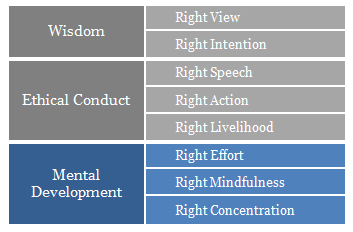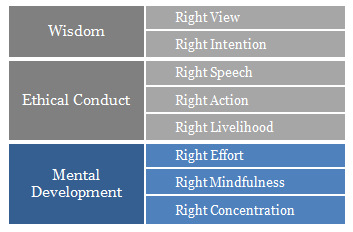Part I of the Minimalize, Focus, Do series.
“Empty pockets never held anyone back. Only empty heads and empty hearts can do that.” ~ Norman Vincent Peale
Everyone has something that holds them back. It can be something precious, common or unique, something tangible or untouchable, it can be a secret or something everyone knows about. These are the things that keep us human, grounded, and it’s only natural that we would want security and reassurance in a world that changes every moment of every day.
But how much those things hold people back depends entirely on each person.It’s their choice, not anyone else’s. They can blame others all they like, but in the end it’s all down to them.
Sadly, a lot of people are prisoners to their desires. They can’t get past social pressures and consumer greed and over the years and they become increasingly obsessed with collecting more and more debt. They start basing their identities, achievements and self-worth on the accumulation of the next best toy. Even when these new toys become redundant, they can’t let go and they work long hours to pay for the garage that can’t fit a car or a basement to store all the junk they don’t need.
Then there are some people that own almost nothing, not even much more than the clothes on their backs. They’re nomads, with no place to call home but not exactly homeless. They travel everywhere and would live anywhere. They can be connected to almost anyone and anything in the world at any time they wished, or they can simply disconnect, disappear and drop off the map.
Fortunately, most people are comfortably living in between these two extremes of a spectrum of how humans can deal with the modern world. Neither is really wrong or right – life isn’t as black and white as that. There are good and bad things about both ways – on the one hand a person can take comfort in the security and consistency in their lives, whilst someone else might thrive on the freedom and adventure. What we can say is that we all have dreams, and how close we are to living those dreams right now is what life is all about.
Many of us are lucky enough to have a choice. We have the technology, freedom and equality that held the previous generations back. Just thinking about the war, famine and disease still prevalent in other parts of the world, and it’ll put your own problems in perspective.
It may not seem like it to everyone, but we all have a choice – a chance to make our one and only life worth it. If to live is to suffer, then we might as well make sure we get something good out of it too. If more people in the world slowed down for just a moment long enough to reconnect with themselves, they might realize that living life on auto-pilot is completely pointless and a waste of life.
So how do you take control? The answer is simply, simplicity. Once you learn to let go of all of the things that don’t matter to you, you’ll naturally steer towards the things that do. Regular ‘decluttering tips’ are easy to find, so here are some mantras to remember for some minimalist motivation.
25 black-belt minimalist mantras
- abandon your fears
- let go of sentimentality
- cut attachments
- relinquish desire
- quit putting yourself down
- eliminate the unessential
- forgive past mistakes
- ignore advertisements
- stop spending so much
- deny fear
- drop all the crap
- banish greed
- say no
- release your imagination
- burn bridges
- sever toxic ties
- surrender your pride
- loosen your grip
- open your mind
- ban clutter
- discard flailing plans
- reduce you life overhead
- throw away old things
- disconnect
- remember that emptiness is beautiful
Some of these are easier said than done, but it only takes practice. It can be hard to turn off auto-pilot. After all, just cruising along is easy. But letting the wind (or other people’s expectations) rule your life can take you somewhere you don’t want to be, and you won’t realize until it’s too late to turn back. You can let people advise you, influence you or guide you, but don’t let them take over.
If you have some things that are complicating your life too much – now is the time to sort them out. Once the water is calm, it’ll be plain sailing from here.


